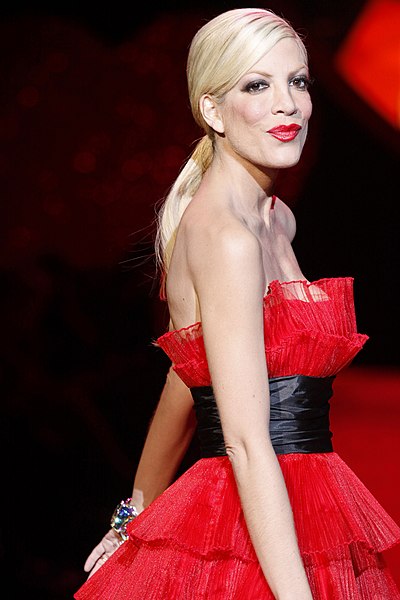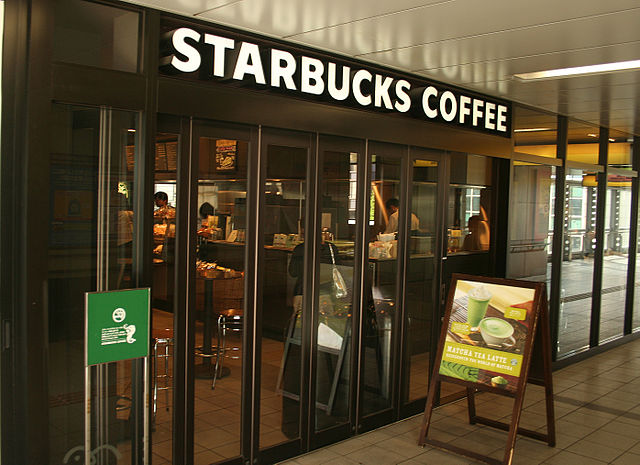Copy Editor Career
Copy Editor Career
The Real Poop
If you no what's wrong with this sentance, you might be destined for the copy editing world. Copy editors are more than just the grammar police. They review "copy." What is "copy," anyway? Is that one of those guys who stands at intersections directing traffic?
Uh, no. Copy is written content. The copy editor's job is to review publication-bound documents for spelling errors, grammar problems, and style guide inconsistencies. They then perform a musical exorcism, complete with head spinning, levitation, and projectile pea soup.
Most publications choose a particular flavor of style guide such as Modern Language Association of America (MLA), Chicago, or Associated Press. The fine people at Shmoop use Grammar Girl. Style guides, among other things, dictate how words are caPitalized, punc!tuated or mis-spelt.

Speaking of bad Spelling....
Duties performed by the copy editor vary depending on the lexical war zone in which they dodge verbal bullets. Word of advice: Know how to make a mean cup of coffee, because that fine skill will come in handy early in your career.
Some companies may have the copy editor review story ideas pitched from writers, plan book projects, oversee publication production, or collaborate with the graphic design department. (And the one thing that they all have in common is that they drink coffee. Regular.)
A copy editor must wear a number of hats when at work, but not mind the hat hair. Sometimes, copy editors are the last to leave the office at night. They're sometimes the last people who get to change copy before it is printed or posted on a website.
Those brave souls possessing the burning desire to edit typically major in journalism, English, or communications. However, there are some exceptions. For example, economics majors often work as financial reporters before entering the copy editing world.
As soon as your last poster is firmly taped on your dorm room's wall, you should be signing up to work for the school's newspaper. School papers are excellent training grounds for determining whether you like editing. The professional connections you make should help you find that elusive high-impact editorial job that is just so "you" after school.
If opportunities aren't growing on the campus' lawn, ask professors for sage wisdom—and contacts—and then search internship positions posted on job boards. Have a plan for after college. Get together an online portfolio with your writing clips. Start a blog. Have past employers recommend the snot out of you. As the editors at Nike say, "Just review it." Swoosh.
Not every copy editor has a four-year degree. There are other routes that lead to debt and bankruptcy. (Ha…sorta. This is a field people enter for love—not money—so you have to get used to the idea of being kinda low on the totem power pole.) Those brave souls venturing into the field of copy editing begin as a journalist or writer. In fact, copy editors who work for publications build their fact-checking chops as reporters.
Needless to say, copy editors must have eagle eyes for details. To get a chance to display your editing skills, ask local newspapers or start-up companies if they're hiring interns. Interns are always in high demand, especially the unpaid kind. The upside to interning is that you get career experience without paying monthly student loans. Plus, you have the chance to become famous. Why, right off the top of our head, we can think of one incredibly famous intern.
Because the Internet has eaten magazines' and newspapers' profit margins like great whites on seals, publications are dying. You might see their skeletons at the local library. So long U.S. News and Power & Motor Yacht. Copy editors are finding that most of their work today comes from online publications or websites.
Most major websites have a copy editor on staff. Large publications may have several. Regardless, the written word is under attack. People aren't reading less, but they are unwilling to pay for content. It's like walking into a fancy restaurant and demanding a free meal. People want carefully-prepared articles for free.
Sometimes, copy editors freelance for companies. A freelancing copy editor performs duties for a company, but is otherwise self-employed. This is different from being an employee, because freelancing means you can work from an off-site location (most of the time, this is at home or your favorite Starbucks).

Wait…this is our least favorite Starbucks….
Being a copy editor does have a core downside: these Knights of the Text Table tend to see language problems everywhere they go. For example, should it really be "yield," or just "pause" before you enter the far right lane? Friends and family might say things that you correct without thinking. You may actually sigh the next time you get a card or cake that reads "Comgradulations."
Unless you just graduated from computer college, in which case you might actually think that's kind of clever.